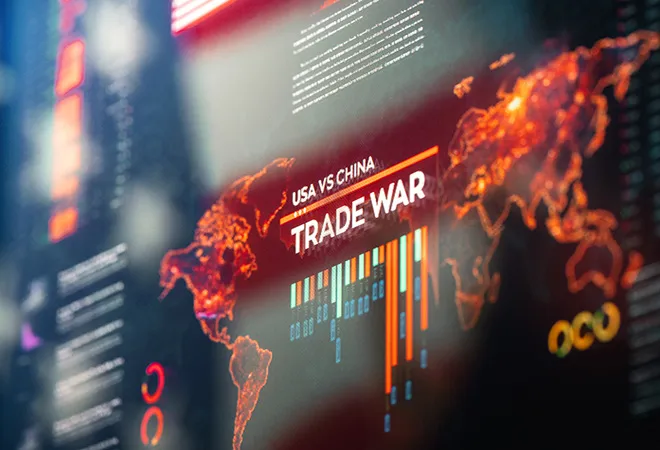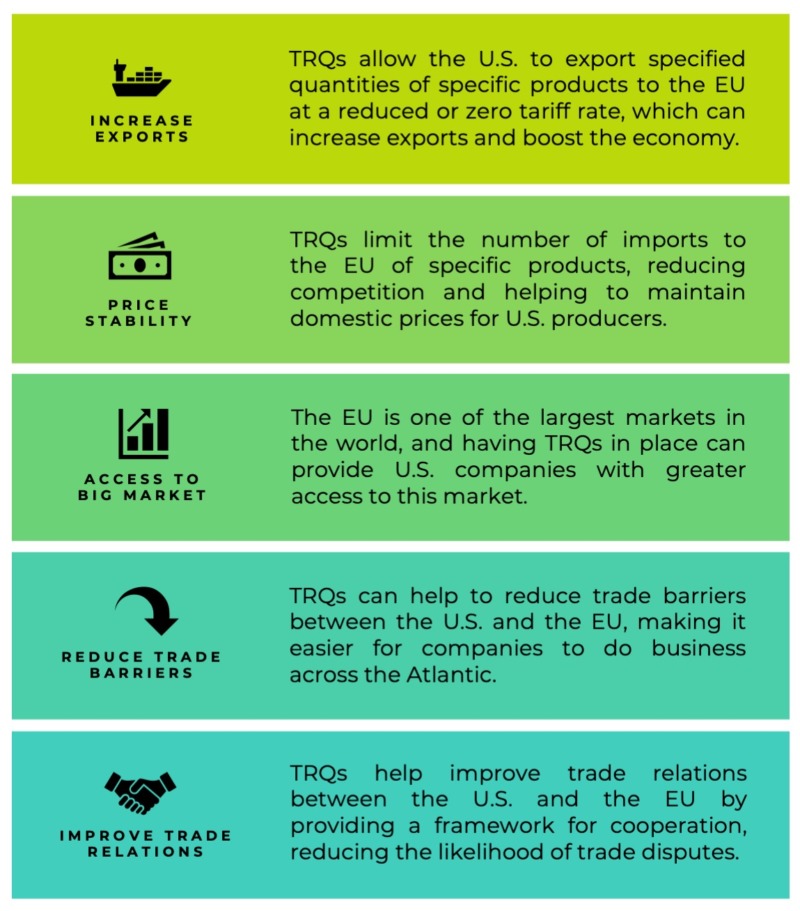My Say: Seizing opportunities in green and digital transformation ...
From the start of 2025, global events have ushered us into a fast-evolving world that has brought much excitement. Just as we began to grasp the significance of one event, the next major one unfolded, followed by yet another that is equally impactful, upending all known norms and expectations. Three global events, in my opinion, stand out as particularly noteworthy.
The US Withdrawal from the Paris Agreement
On Jan 20, the US officially withdrew from the Paris Agreement for the second time. Although the withdrawal process will take about a year to materialise, the exit announcement of a major stakeholder could alter the global trajectory on green initiatives. To compensate for this setback, the rest of the world would need to uphold the commitments abandoned by the US and the additional efforts to curb emissions that the country refuses to address.

Impact of DeepSeek on Global Tech Players
On Jan 27, the emergence of DeepSeek, a formidable competitor acknowledged by ChatGPT, sent shockwaves through Wall Street. The announcement caused Nvidia, a market darling, to lose 17% of its market valuation. Beyond Nvidia, other major tech players also felt the impact: OpenAI, the creator of ChatGPT; Microsoft, a key investor in OpenAI; Amazon, the developer of Amazon AI; and Meta, the creator of Llama, all experienced a significant decline in their market valuations. Collectively, these companies lost about US$1 trillion in value.
Looming Global Trade War
On Feb 1, US President Donald Trump announced a 25% import tariff on Canada and Mexico, along with an additional 10% tariff on China. It has become evident that Europe and the UK are next on his list. In response, the affected countries have a similar stance on US goods as a countermeasure, raising the potential for a global trade war.

Impact on Malaysia
For starters, DeepSeek’s impact is spilling over globally. Malaysian stocks that previously benefited from the AI boom and Nvidia’s rise are now suffering the same downturn, with billions in market valuation (in ringgit) wiped off in a short period. This raises a critical question: Do data centres still serve as a key economic catalyst for Malaysia?
The answer is a resounding “yes”. Whether it is ChatGPT or DeepSeek, all AI models require data to function. DeepSeek’s ability to operate at lower technical specifications could actually benefit data centres with lower capital expenditure and greater operation efficiency. For instance, the GPU version powering DeepSeek offers memory bandwidth comparable to Nvidia’s top-tier H100, but its power consumption is significantly more efficient and it does not need advanced liquid cooling.
Environmental Impact and Trade War Strategies
In terms of environmental impact, most factors remain unchanged, except for water consumption. With more GPU units packed in a server rack and server racks densely erected, water usage for cooling is increased due to a higher intensity of concentrated heat. However, this additional demand could be mitigated through effective recycled water management.

Fortunately, Malaysia is not among the top 10 countries that run a trade surplus with the US. However, it is not entirely in the clear. Malaysia must take advantage of this window of opportunity to implement pre-emptive measures. One potential strategy to circumvent US import tariffs is the production of carbon-neutral products.
The rationale for using carbon-neutral products as a countermeasure is simply common sense. While the US withdrew from the Paris Accord as part of its efforts to revitalise its domestic economy, it would be contradictory for the country to import products with a significant carbon emissions footprint. Therefore, carbon-neutral products occupy a unique niche and should be promoted for exclusion from the US import tariffs.
Looking Ahead
The emergence of DeepSeek — an open AI available to all for free — will accelerate the adoption of AI-powered applications. This, in turn, will drive greater demand for data and the data centres that store them. However, data centre operators and policymakers must remain agile to adapt to future technological breakthroughs. The next “DeepSeek” or a more advanced/efficient GPU could be just around the corner.
Becoming a carbon-neutral country comes with trade-offs. The US’ repeated withdrawal from the Paris Accord presents both setbacks and opportunities. One setback is the potential decline in demand for solar panels — one of the key industries of the Malaysian green economy — exported to the US. However, on the flip side, producing carbon-neutral products will appeal to global export markets. In this sense, the import tariff threat of the US could be a blessing in disguise, serving as a positive push for Malaysia to move up the value chain in the green economy.
In conclusion, Malaysia should stay the course in transforming its economy and achieving carbon neutrality.
Save by subscribing to us for your print and/or digital copy.




















